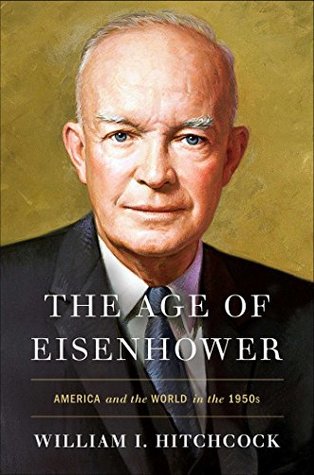When Asians and Africans shook off colonial despotism, they often embraced revolutionary nationalism, radical socialism, and communism, not because they wished to become the lackeys of the Soviet Union but because they desired economic justice, distribution of wealth, agrarian reform, and the breakup of foreign economic control of their natural resources. Such demands sounded threatening to American ears. And when threatened, American officials in the Age of Eisenhower tended to retreat to the well-defended ramparts of anticommunism.
Welcome back. Just a moment while we sign you in to your Goodreads account.


